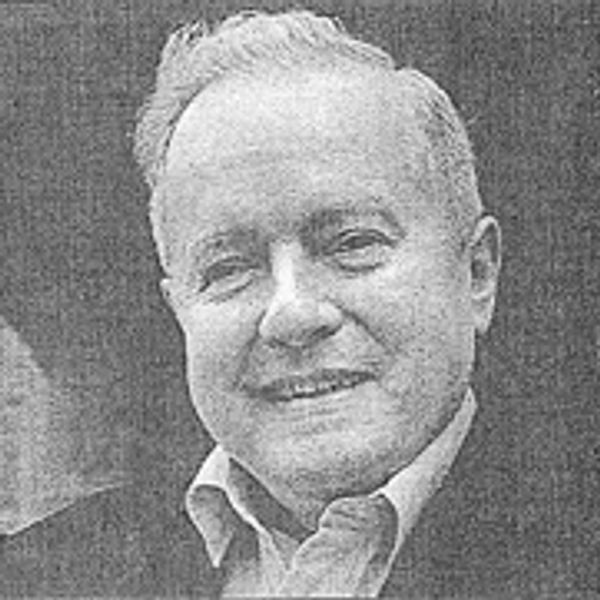Lia Purpura, Parasol Mushroom (detail), featured in AGNI 102
To the Parcae
Grant me but one good summer, you Powerful Ones!
_ _And but one autumn, ripening for my song,
_So that my heart, fulfilled by sweet play,
_Might the more willingly die, contented.
The soul deprived in life of its godly right
_ _Won’t rest in Orcus, either, not down below,
_Yet if the sacred boon my heart craves
_Should in the future succeed—the poem—
Welcome, then, silence, hail to the world of shades!
_ _I’ll rest content, even if my lyre and play
_Did not conduct me down there; once I
_Lived as the gods live, and more we don’t need.

Friedrich Hölderlin
Friedrich Hölderlin, (1770–1843) is today considered one of the most important modern European poets. His vision focuses on the dark light of Greek civilization and on its significance for Western culture and letters. Concerned in his work with world religion, geography, and the poet’s vocation, he has been seen as a poet’s poet. His lyric capacity ranges from metrical mastery, especially in his renewal of Pindaric epinikion, to a freeverse mode that anticipates the Cantos of Ezra Pound, and finally settles, during his last years, on a calm rhymed verse of pellucid clarity. Among Hölderlin’s followers may be counted W. H. Auden and a school of contemporary Danish poets. His poems and critical prose have been translated, among other places, in Russia and East Central Europe, Latin America, and the Far East. (4/2006)

Emery George
Emery George, born in Budapest, is a poet, playwright, translator, and scholar specializing in Friedrich Hölderlin’s life and work. He has published twenty-seven books, including nine of poetry and three of verse translations from the Hungarian of Miklós Radnóti and János Pilinszky. At present George is working on a large translated edition of Hölderlin’s poetry. A tenth collection of poetry and a verse play are scheduled for early 2006 publication by Kylix Press, Princeton. (updated 4/2006)
